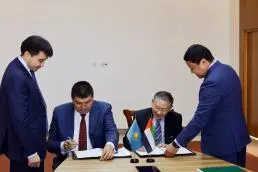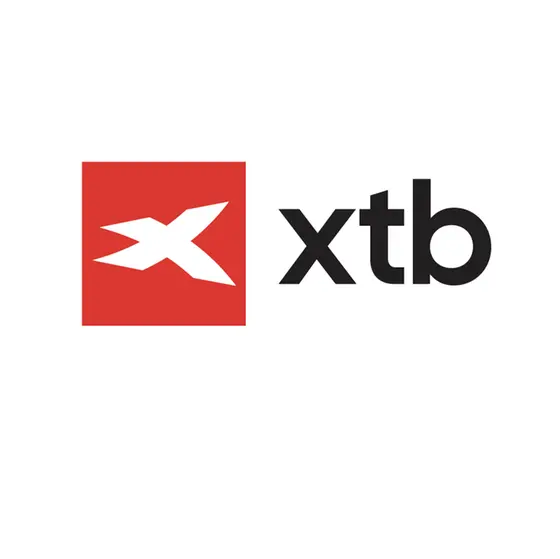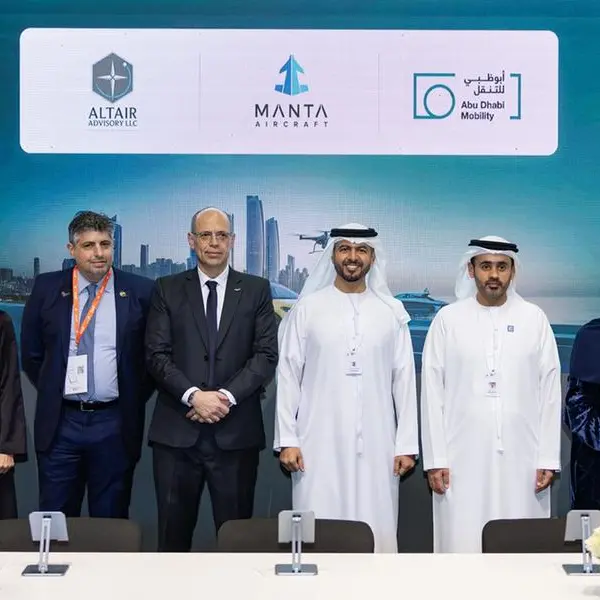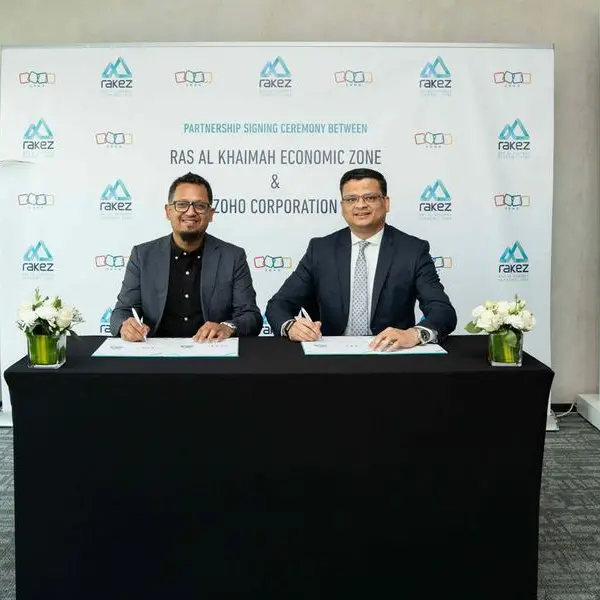PHOTO
Consultancy agreement will see DIFC Courts partner with National Bank of Kazakhstan to help create world class commercial court and arbitration center
Dubai, UAE: The DIFC Courts have been chosen by Kazakhstan's central bank to advise on establishing a world class commercial court system including an arbitration centre at the planned Astana International Financial Centre (AIFC). Dubai's established English-language, commercial common law judicial system, signed a consultancy agreement with the National Bank of Kazakhstan in Astana during a signing ceremony attended by representatives from both organisations.
Earlier in 2015, Kazakhstan announced its intention to establish an International Financial Centre in the capital city Astana. Speaking at the "Constitution; Unity, Stability, Prosperity" conference in Astana on August 28, 2015, President Nursultan Nazarbayev of Kazakstan cited the Dubai International Financial Centre as the model for the planned AIFC.
The consultancy agreement will see the DIFC Courts work in partnership with their Kazakhstan counterparts over the next three years as they establish specialist commercial courts, which are increasingly essential for financial centres to be able to compete internationally. The agreement covers areas as diverse as consultancy on the legislative and regulatory framework, training of staff, fit-out of chosen premises and IT systems.
DIFC Courts Chief Justice, Michael Hwang, and Deputy Governor of the National Bank of Kazakhstan, HE Nurlan Kussainov, signed the agreement on behalf of their respective organisations.
Chief Justice Hwang said: "Through a consistent track record of success in commercial dispute resolution, innovation and enforcement, the DIFC Courts are today established as a world class centre of legal excellence. This is reflected in our selection by the National Bank of Kazakhstan to consult on the wide range of issues that need to be considered and steps that need to be taken to establish an internationally respected commercial court. This agreement is also indicative of the DIFC Courts tireless work to connect with other countries and court systems to protect and support businesses operating in the UAE and internationally."
HE Kussainov added: "It is our intention to create a world class financial centre in the heart of Eurasia by working with the best international partners. Following a series of visits to the UAE we have seen firsthand how important the DIFC Courts have been to the free zone's success and we look forward to benefitting from their expertise as we move forward with the creation of the AIFC."
-Ends-
For further information, please contact:
ASDA'A Burson-Marsteller
Dubai, UAE
Tel: 971-4-4507600
Fax: 971-4-4358040
Email: liam.turner@bm.com / tameem.alkintar@bm.com
About the DIFC Courts
The UAE's DIFC Courts administer a unique English-language common law system - offering swift, independent justice to settle local and international commercial or civil disputes. The Courts, based in Dubai, provide certainty through transparent, enforceable judgments from internationally-recognised judges, who adhere to the highest global legal standards. The DIFC Courts are independent from, but complementary to, the UAE's Arabic-language civil law system - offering a choice that strengthens both processes while ensuring public access to world-class justice.
In October 2011, a decree of His Highness Sheikh Mohammed bin Rashid Al Maktoum, Prime Minister of the UAE and Ruler of Dubai, opened the DIFC Courts' jurisdiction to businesses from all across the GCC region and beyond to provide the international business community with access to one of the most advanced commercial courts in the world.
The DIFC Courts were established under laws enacted by the late HH Sheikh Maktoum bin Rashid Al Maktoum, Ruler of Dubai in September 2004. The laws establishing the DIFC Courts are designed to ensure that the DIFC Courts provide the certainty, flexibility and efficiency expected by Court users. Nearly 500 cases have been resolved through the DIFC Courts since 2008, while over 90% of Small Claims Tribunal cases are concluded within three weeks. The Courts' community-focused approach encourages early settlement, while their successful track record supports Dubai's growing status as an international business hub.
In line with HH Sheikh Mohammed's vision, the DIFC Courts serve to develop the UAE national workforce and enhance the competitiveness of Emirati advocates. The DIFC Courts are spearheading training programmes predominantly aimed at local Emirati lawyers, which offer knowledge of, and qualifications in, the English-language common law system.
About National Bank of Kazakhstan
The National Bank of Kazakhstan (hereinafter - NBK) was established on April 13, 1993 as the central bank of Kazakhstan. The Republic of Kazakhstan has a two-tier banking system. NBK is the central bank of Kazakhstan and presents the upper (first) tier of the banking system of Kazakhstan. All other banks present lower (second) tier of the banking system, excluding the Development Bank of Kazakhstan that has peculiar legal status.
The primary goal of NBK is to ensure the stability of prices in the Republic of Kazakhstan. To accomplish the main goal, the National Bank is assigned the following tasks: development and implementation of the state's monetary policy; ensuring the functioning of payment systems; implementation of foreign exchange regulation and foreign exchange control; promotion of the stability of financial system; regulation, control and supervision of the financial market and financial institutions and also other parties, within its competence; ensuring a due level of protection of the rights and legitimate interests of consumers of financial services; carrying out statistics activities in the area of monetary statistics and external sector statistics. In April 2011, NBK was granted responsibility for regulation of operations of the Regional Financial Centre of Almaty City (RFCA), which was previously performed by the Agency for Regulation of the Operations of the RFCA. In May 2015, President of Kazakhstan Nazarbayev adopted a decree on the establishment of the Astana International Financial Centre (AIFC) in the capital city of Kazakhstan, providing that AIFC to be a successor of RFCA. NBK represents, within the limits of its authority, the interests of the Republic of Kazakhstan in the relationship with the central banks, with banks of other countries, in the international banks and other financial-credit organizations. NBK should not be guided by the aim of gaining profit in performing its tasks. NBK is the entity that reports to the President of the Republic of Kazakhstan, but within the limits of authority granted by the legislation, is independent in its activity.
NBK coordinates its activity with the Government of the Republic of Kazakhstan, in its activity takes into consideration the economic policy of the Government and facilitates its implementation, if doing so is not in conflict with the realization of its main functions and implementation of monetary policy.
© Press Release 2015




















